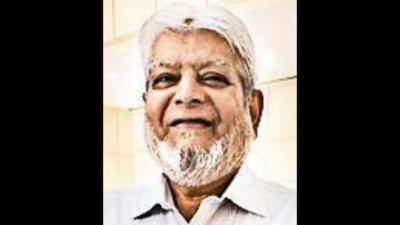Pune, MAHARASHTRA :
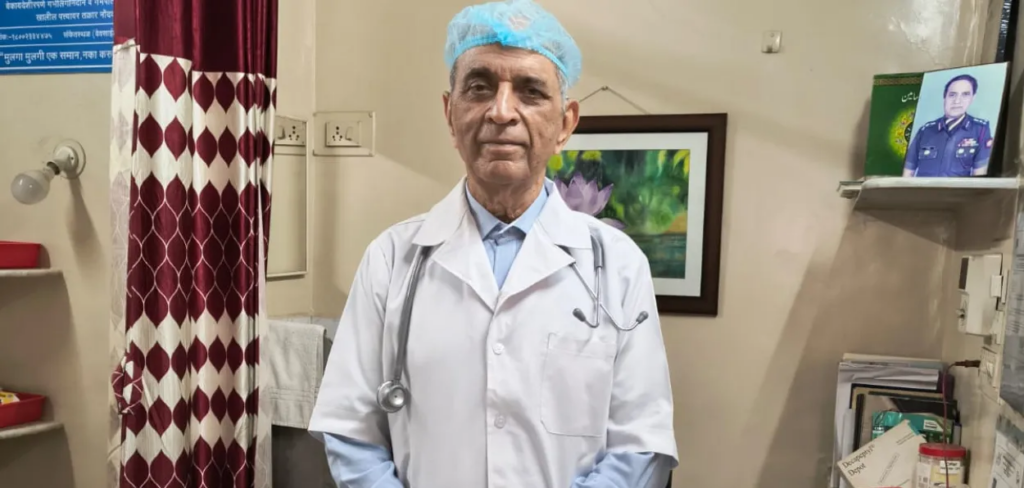
Prof Brig (retd) Mukhtar Alam
A soldier is always on duty
Duty unto death
Veer Bhogyo Vasundhra
These slogans are painted at vantage points inside cantonments or army units. However, if you want to see how a soldier always lives up to these adages, meet Brigadier (retired) Dr. Mukhtar Alam, who lives in Pune, Maharashtra.
“Youth are the future of India and after serving my country I am now serving them,” says (Prof) Brigadier Dr. Mukhtar Alam, 80, Chairman, Department of Gynaecology, Ruby Hall Hospital, Pune.
Serving the Army for 35 years as a Professor in the Armed Forces Medical College, he became the Chief Consultant of Gynecology.
He is often called the father of the AFMC for his contribution to the development of this chain of prestigious Medical colleges run by the Military. As a student of the AFMC, Pune, he won 7 gold medals in MBBS and MD and became the first topper from AFMC in Pune University.
A multifaceted personality, Dr. Mukhtar Alam has been awarded the State Sahitya Akademi Award for 2013 by the Government of Maharashtra. He has published 21 books in Hindi, English, Urdu, and Marathi so far.
His book Youthology: How to Harness Age and Remain Young published by Power Publishers is a rage among the new generation.
His book seeks to connect man’s secret desire to attain eternal youth with amazing discoveries in the field of medicine and nutritional science and multidimensional explorations into the realm of Physiology.
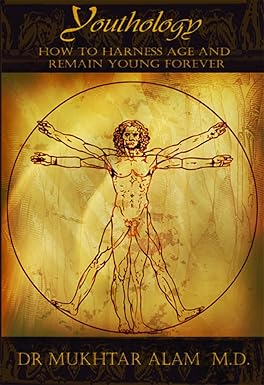
Brig. Mukhtar Alam’s book
Speaking with Awaz-the Voice, Prof Brig (retd) Mukhtar Alam said that he has done extensive research in modern fields of endoscopy and oncology. He contributed to the medical world through his breakthrough work in assisted reproductive techniques at the Royal Postgraduate Medical College, University of London in the 1980s. His work has been recognized and published in medical journals around the world.
Brigadier Dr. Mukhtar Alam’s social work involves helping the youth. He said that he often visits the schools nearby and helps poor children in their education through scholarships. He also provides them with school uniforms and books.
He says that he does not want to be remembered and spoken of like a politician.
Brigadier Dr. Mukhtar Alam offers scholarships to students who score 80 percent marks. Already students whom he helped are busy studying for degrees like B.Tech. He remembers someone being the daughter of a barber and the son of a watchman, whom he could help and all are doing fine in life.
In literature, Dr. Mukhtar Alam is interested in spiritualism, philosophy, and humanism – elements that unite humans.
Some of his awarded works are: “ Majmuan Mazameen Quran Majeed ” in Urdu and “ Quran Majeed Ka Kavya Saar ” in Hindi, i.e. translation of the Quran in the form of poetry so that a common Indian person can understand the Quran in his Urdu/Hindi language.
Dr. Mukhtar Alam has published more than 50 research papers in national/international medical journals and has authored 21 books.
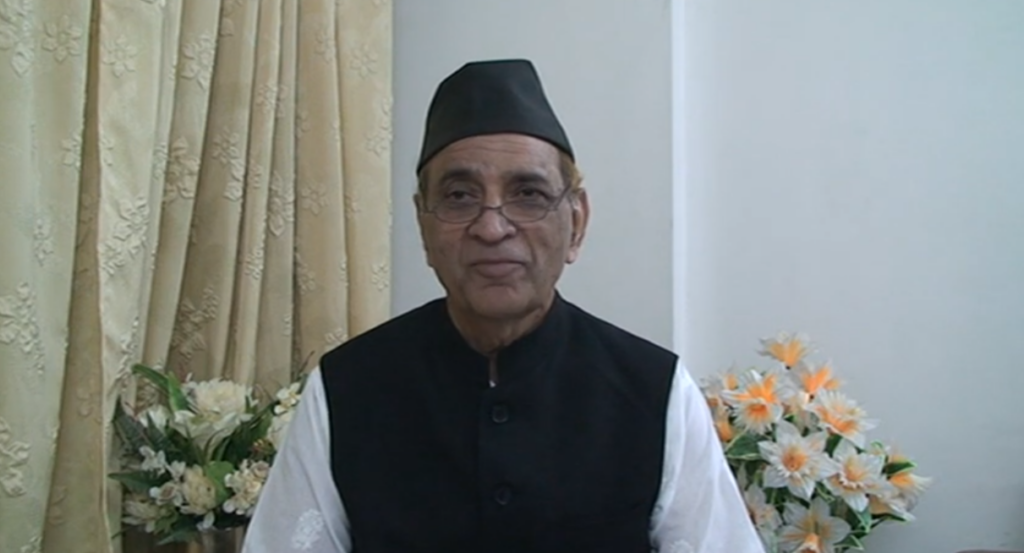
Brig. Mukhtar Alam
Dr Mukhtar Alam said, “Negativity is never a choice. It is a self-chosen suicidal tendency. Hatred cannot be eradicated by hatred. It can only be eradicated by love. Our nation is like a family. It demands a bond of love, compassion, and sacrifices to respect and celebrate diversity. We must be inclusive in our outlook, abilities, and disposition.”
Brig. Mukhtar Alam delivers motivational lectures in educational institutions. Speaking on “From Darkness to Light” at Aligarh Muslim University on 17 September 2016, Brig Alam emphasized the need to acquire knowledge and get rid of the darkness of ignorance.
He said knowledge, which is acquired as a result of educational pursuits, is the only way to pull society out of the mire of illiteracy and backwardness. He said only “truthfulness, determination, commitment and hard work can take a person from darkness to light”.
Dr. Mukhtar Alam is Professor and HOD (Academics) at Ruby Hall Hospital (Research & Referral), Pune, and Director of Dr. Brig. Alam’s Clinic and Infertility Treatment and Research Centre, Parmar Park, Wanowrie, Pune.
On religion, Brig. Alam said that “the goal of Islam is to eliminate the darkness of ignorance from the human world and it never approves of “hatred, anger and barbarism”. He said that Islam is a religion of peace and love and compassion towards all is the only way of life for a true follower of this religion.”
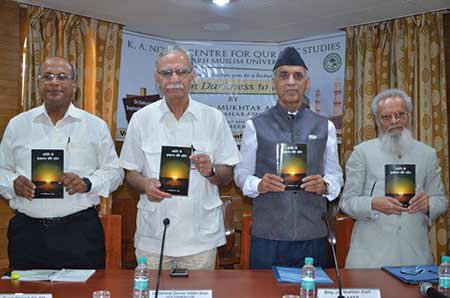
Brig Alam’s book being released at AMU
Discipline is one of the most important personality traits in everyone’s life. It refers to a set of rules and regulations that must be followed while going through any task or activity. It is a way of being honest, hardworking, and motivated while accomplishing a task.
Brigadier Alam said that the spiritualism is a prsonal journey, which introduces us to our true nature. It is a path to experience the eternal truth within by moving away from the outside world. Seek peace and balance within yourself every day. Consider meditation, sadhana and self-reflection as a part of your life. Keep your thoughts pure and fill your actions with service and love.
Remember, every event in life brings a purpose. Every intangible thing is a means to improve the soul. Have faith in God and complete your journey with devotion, patience, and documentation. This journey is the path to bliss and liberation.
Brigadier Dr. Mukhtar Alam believes that all the youth should follow the path of spirituality only then they will be able to achieve the right goal in their life.
Brig. Alam said, “Let us together build an India that enlightens the world through its spiritual richness and human diversity. India is humanity and humanity is India. Let us present ourselves before the global fraternity as a symbol and pinnacle of peace and religious harmony. Spirituality is the real strength of India.”
source: http://www.awazthevoice.in / Awaz, The Voice / Home> Stories / by Onika Maheshwari, New Delhi / January 09th, 2025
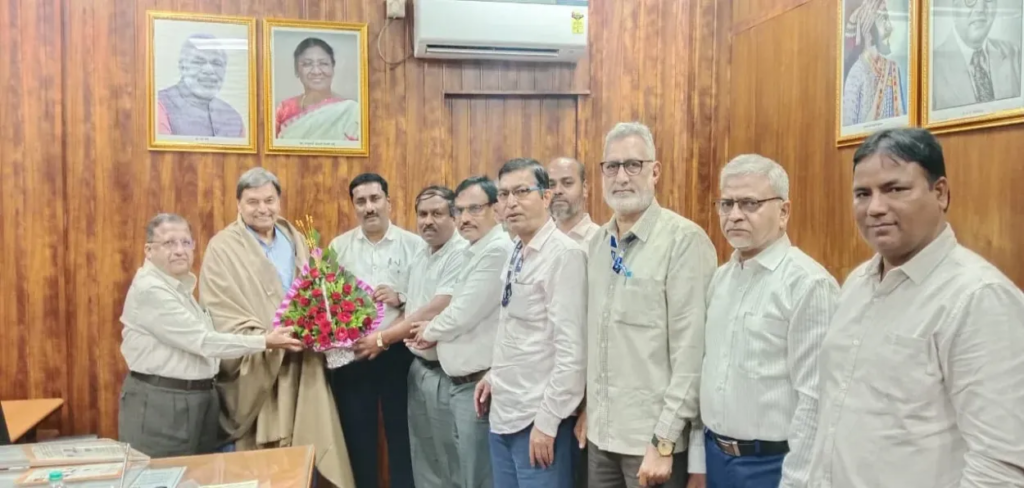
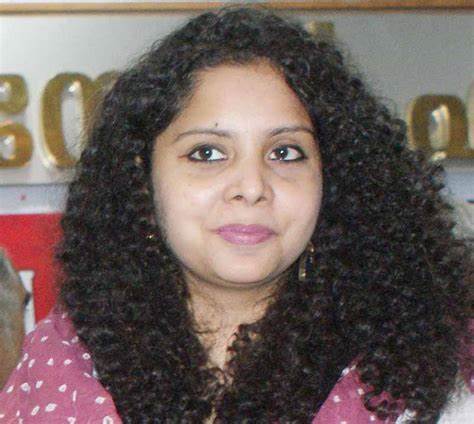
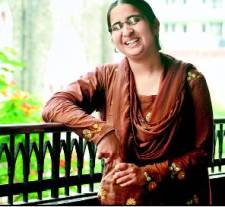

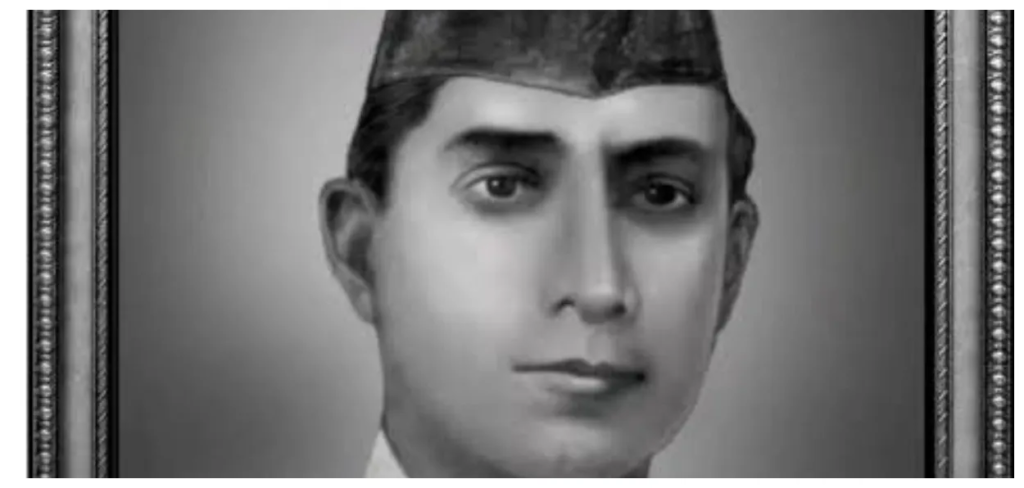
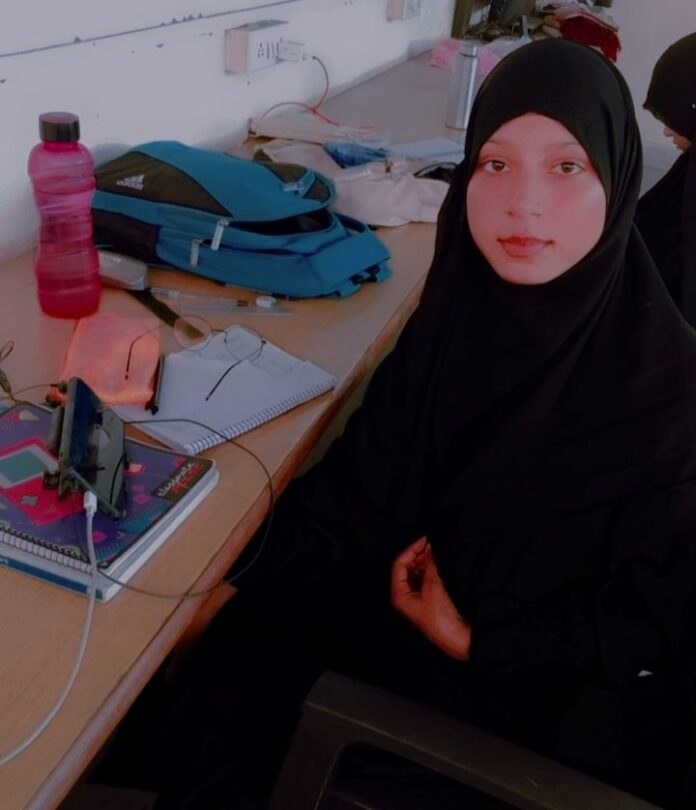
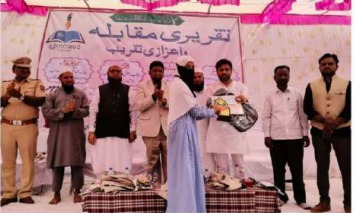
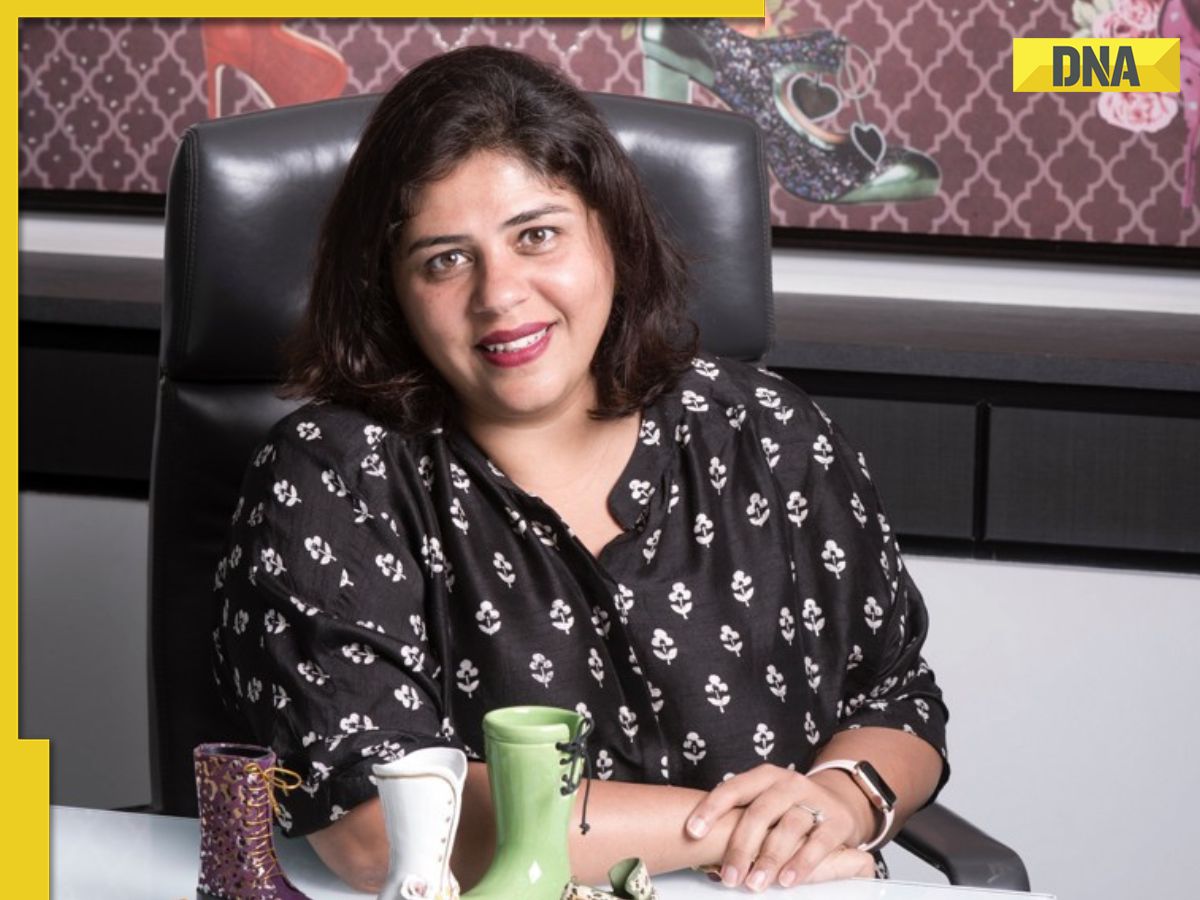)
